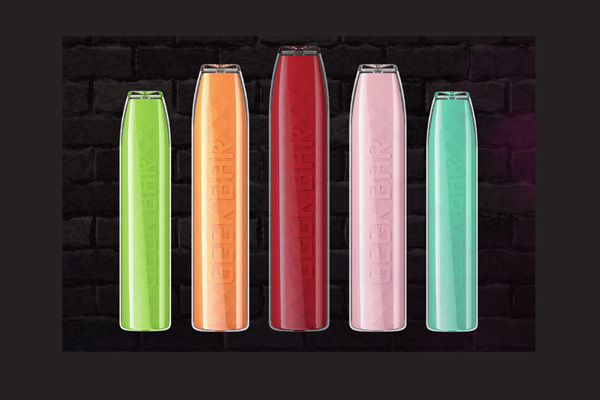
Geek Bar is launching its first range of shisha vapes, which will be widely available across the U.K.
The Geek Bar shisha vape includes 575 puffs and uses the same battery technology as previous Geek Bar products. The range, which comes with 2 ml e-liquid capacity and contains 20 mg/ml nicotine to comply with U.K. regulations, is available in a number of flavors, including Watermelon Berries Shisha, Hawaii Sunshine Shisha and Pineapple Guava Shisha.
The fruit flavored range is designed to help adult smokers quit conventional cigarettes. A study conducted by Nicotine & Tobacco Research last year highlighted that vaping sweet flavors associated with fruits were more likely to help an adult smoker give up their habit than use of tobacco flavored e-liquid, according to Geek Bar.
“Shisha pipes have become increasingly popular in the U.K., and we wanted to give those who smoke them a safer option just like we do for conventional cigarette users with a range of disposable vape products which have been a phenomenal success in the U.K.,” said Geek Bar CEO Allen Yang.
“Due to the popularity of Geek Bar in the U.K., we’re delighted to add this new shisha range to our product offering. We are plugging an important gap in the market which will support improved public health in the U.K.”
The new shisha range will use Geek Bar’s new packaging which will allow both retailers and consumers to check the authenticity of the product from a compliance perspective as well as make it clear that the product is for sale to only over 18-year-olds.


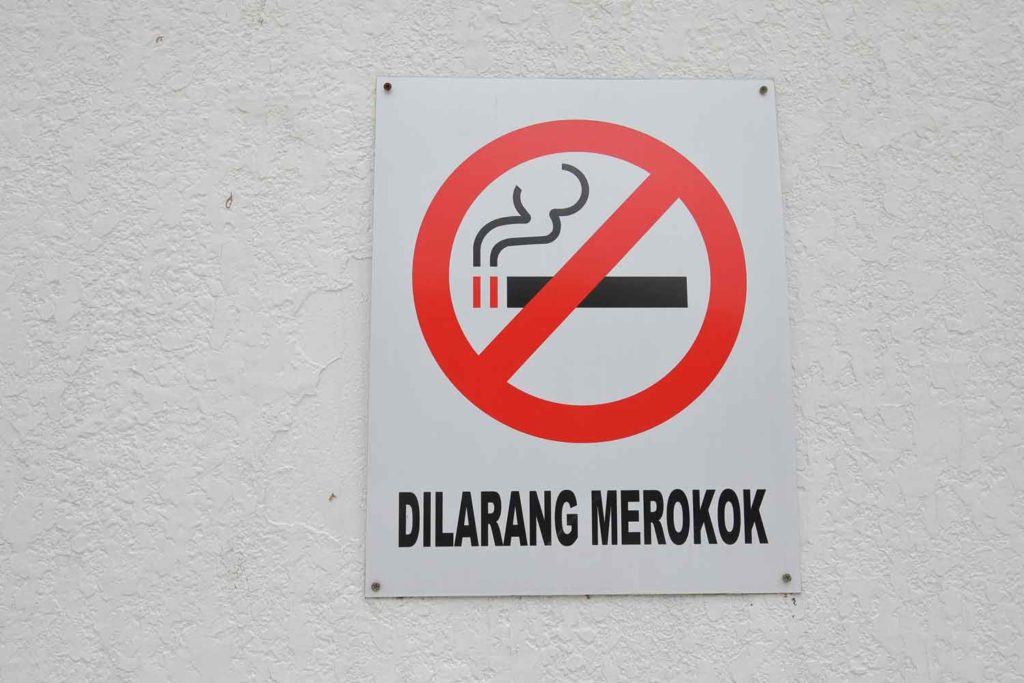
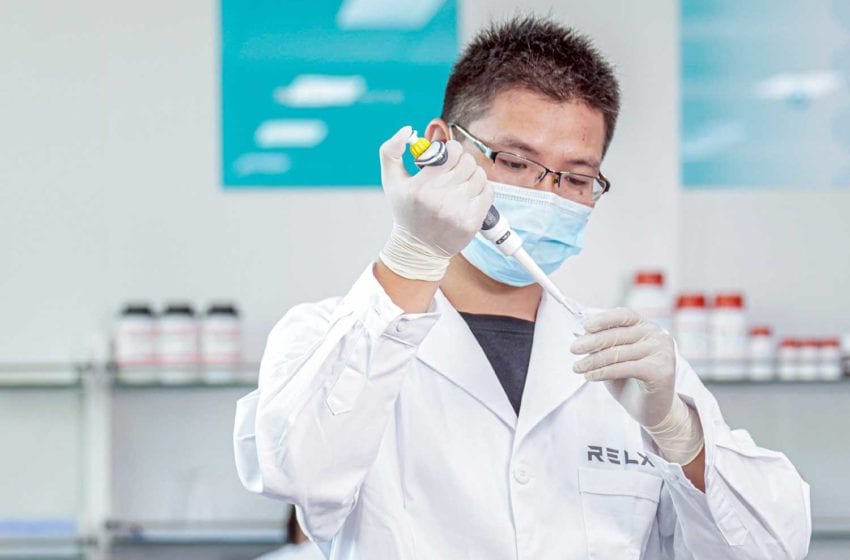
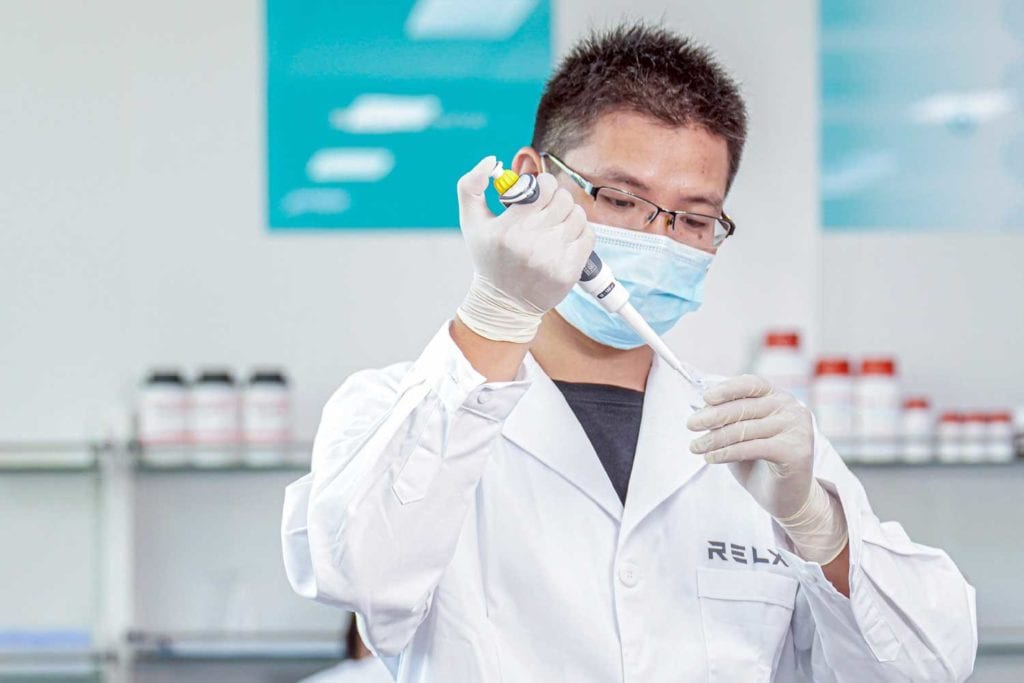
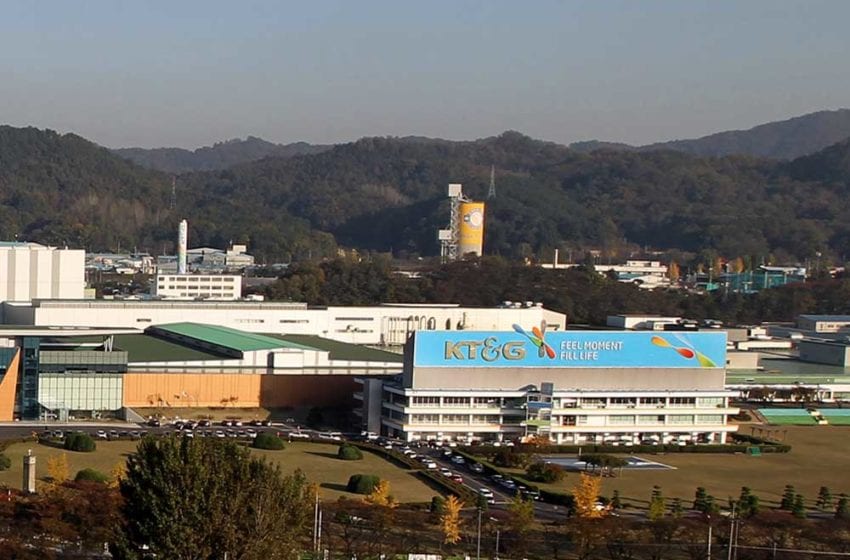
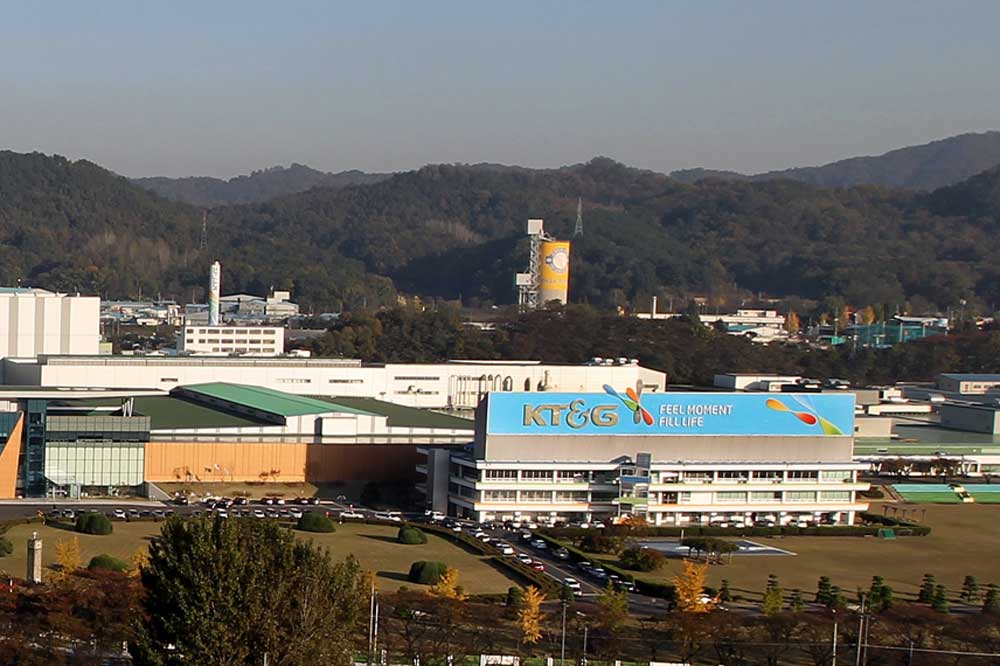

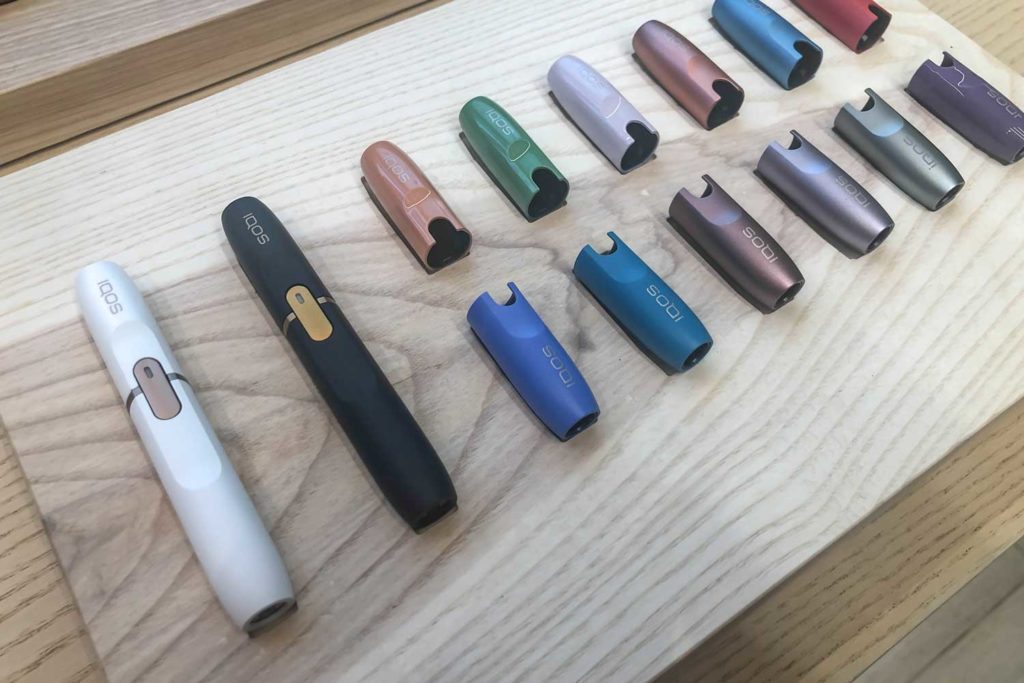

 Altria Group has been recognized as a member of CDP’s 2021 Supplier Engagement Leaderboard for climate change, highlighting Altria’s and its subsidiaries’ work in sustainable supply chain management. Its supplier engagement rating (SER) positions it in the top 8 percent of companies who disclosed to CDP’s full climate questionnaire.
Altria Group has been recognized as a member of CDP’s 2021 Supplier Engagement Leaderboard for climate change, highlighting Altria’s and its subsidiaries’ work in sustainable supply chain management. Its supplier engagement rating (SER) positions it in the top 8 percent of companies who disclosed to CDP’s full climate questionnaire.





